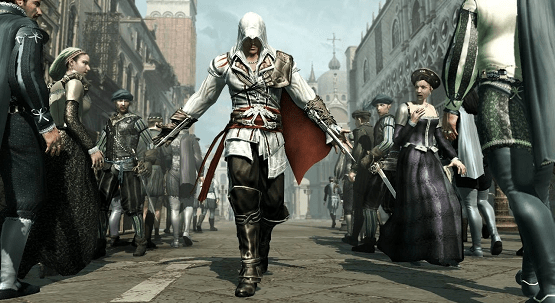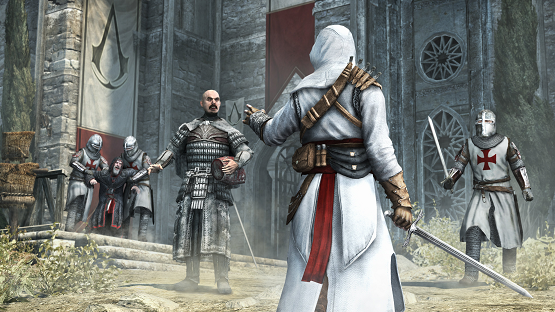Not since 2009 has Ubisoft skipped a tentpole installment in the Assassin’s Creed franchise, but in light of recent news, the publisher’s historical juggernaut will spend 2016 indulging in a little soul-searching.
That’s despite Syndicate representing a marked return to form, too, but lackluster sales coupled with the looming shadow of Unity – and all the technical issues therein — has led to Ubisoft pumping the brakes on production, allowing its crown jewel to “catch its breath” before making a return. But don’t expect Assassin’s Creed to immediately slink back into an annual cycle, after the company’s CEO Yves Guillemot cautioned that “the goal is not to automatically come back to an annual cycle, but to come back on a regular basis.”
And there you have it. Much like early rumors had indicated, Ubisoft has now carved out an extended development window for the next mainline Assassin’s Creed title; a means of future-proofing that many believed was a long time coming. So what comes next for the company’s clandestine IP? Taking a one-year break is all well and good, but it won’t count for much without a bona fide and fully functional Assassin’s Creed at the end of it.
PlayStation LifeStyle’s Zarmena Khan and Michael Briers weigh in on the future of Ubisoft’s open world series.
 Zarmena: I’ve played every major installment (and some spin-offs) in the Assassin’s Creed franchise since its inception, and what particularly made the series stand out to me back in the day was its romantic settings from yore, stories of debaucheries and deceit, and strong characters that came with a slice of history. Ubisoft arguably has excellent ideas on paper but the recent entries have evidently been held back by lackluster execution, untapped potential, failure to address areas of improvement and, lo and behold, strict development schedules. The developer taking its time to re-examine the franchise is certainly a welcome move and a step in the right direction.
Zarmena: I’ve played every major installment (and some spin-offs) in the Assassin’s Creed franchise since its inception, and what particularly made the series stand out to me back in the day was its romantic settings from yore, stories of debaucheries and deceit, and strong characters that came with a slice of history. Ubisoft arguably has excellent ideas on paper but the recent entries have evidently been held back by lackluster execution, untapped potential, failure to address areas of improvement and, lo and behold, strict development schedules. The developer taking its time to re-examine the franchise is certainly a welcome move and a step in the right direction.
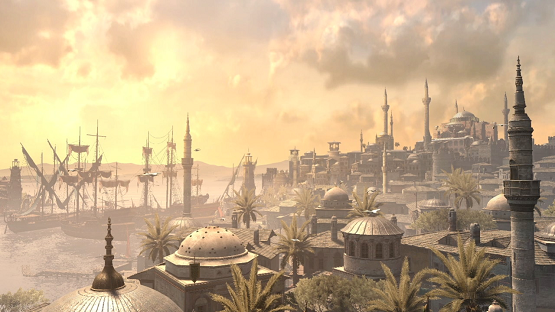
As a fan of the series, on top of my wishlist is the desire to see Ubisoft reintroduce settings and characters that still have compelling stories to tell as opposed to introducing yet another setting and yet another character that players struggle to resonate with. From Assassin’s Creed II to Revelations, the series took advantage of a character that fans had grown to love, with Ezio being the only one that I felt was given the time necessary to actually become memorable. I’d like to think that there’s more to Altaïr, for example, beyond just the original game and some mediocre reappearances.
In addition to the above, it wouldn’t be a misstep to take the series back in time, reintroduce the present day story akin to Desmond’s, and let players loose in settings that could still make an impact à la Renaissance-era Italy. Among places that I feel have ample room for further exploration are Masyaf and the Holy Land (Jerusalem, Acre, Damascus) from the original Assassin’s Creed and Ottoman-era Turkey beyond Constantinople. In fact, Ubisoft can concoct a remarkable story of corruption, greed, and romance solely out of the rich Ottoman history using historical characters that are still remembered to this day and monuments that still stand strong.
Looking forward, it’d be interesting to see an Assassin’s Creed game set in India during the Mughal rule. From 1526 to the fall of the Empire, the developer has enough material to create noteworthy characters with and give them room to grow over several installments. There’s no shortage of heroes and villains or poets and writers from the era, which is great news for a series that was once defined by engrossing stories and locations.
All of the aforementioned, however, will only work well if Ubisoft doesn’t restrict creativity by slapping its development team with tight schedules. There’s no compulsion to release an Assassin’s Creed each year or every other year, for that matter. This is a series that absolutely needs creative freedom to thrive, and restricting that in any way is recipe for disaster. Among things that I’d like to see finally addressed are repetitive missions, side quests that don’t belong, wonky combat mechanics and frustrating controls. With all the right ingredients and all the right improvements, Ubisoft could make the return to form that it’s been touting for a while but has largely failed to actualize.
 Michael: Unlike Zarmena, I’d consider myself to be a lapsed fan of the Assassin’s Creed series. The last entry that I saw through to the credits was Black Flag and even then, the lush world built around the story proved much more interesting than Edward Kenway’s swashbuckling arc.
Michael: Unlike Zarmena, I’d consider myself to be a lapsed fan of the Assassin’s Creed series. The last entry that I saw through to the credits was Black Flag and even then, the lush world built around the story proved much more interesting than Edward Kenway’s swashbuckling arc.
From a distance, it’s difficult to muster excitement for Ubisoft’s historical epic, and though it’s a little crass to label each new installment as a palette swap, I can trace those admittedly harsh criticisms back to the awkward combat system that continues to pervade every mainline Assassin’s Creed title.
Those lowly sales figures for Syndicate, not to mention the damaging launch of Unity, may have reaffirmed Ubisoft’s decision to reshuffle the franchise’s release schedule, but I’m holding out hope that a complete overhaul is in store for the publisher’s prized asset.
Ubisoft’s famous network of studios may boast an employee count north of 9,000, but what good is a talented workforce when their noses are pressed to the grindstone year in, year out? Take a year off – hell, take two years off if need be – and rein in the focus of Assassin’s Creed to recapture what made those formative years so special. Think of the detailed, almost majestic level design featured in Assassin’s Creed II, and how the adorned sequel ensured that Renaissance Italy was as fun as it was historically intriguing. And now apply that balanced system to some of those time periods that Zar mentions – particularly 16th century India. It’s certainly a pitch that would pique my curiosity.
Then again, those first reports that broke news of Ubisoft’s production switcheroo alluded to an Ancient Egyptian setting for the next Assassin’s Creed. Codenamed Empire, there’s potential there to jump-start a new trilogy under the Assassin’s Creed umbrella, with each new chapter tying together a saga of blood, greed, lies and deceit. Imagine a trilogy similar to Chronicles, one that jumps between three distinct epochs in history, fueled with a AAA budget.
If Ubisoft dreams big and affords its development team with the necessary amount of time, there’s no telling where Assassin’s Creed will be in five years’ time. One thing’s for certain: Ubisoft’s historical tentpole is going nowhere, and the Assassin’s Creed of 2017 – presuming it is on course for next year – not only holds the potential to turn a dearth of new ideas into a fresh start, it also has the chance to steer Ubisoft’s juggernaut back on course and fulfill the publisher’s promise of a franchise overhaul. Regardless of whether you’ve been burned by Unity or find yourself falling in line with the lapsed fans, now is the time to stand up and take notice.
Essential Reading:
- Speculating on the Who, What and Why of Watch Dogs 2
- Top 5 PS4 Characters So Far
- Far Cry Primal, For Honor and How Ubisoft Is Beginning to Broaden Its Scope
Upcoming PS4 Games of 2016 & Early 2017
-
Upcoming PS4 Games of 2016 & Early 2017
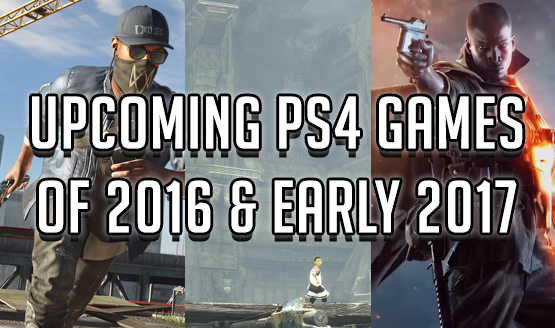
-
LEGO Star Wars: The Force Awakens (PS4) - June 28, 2016
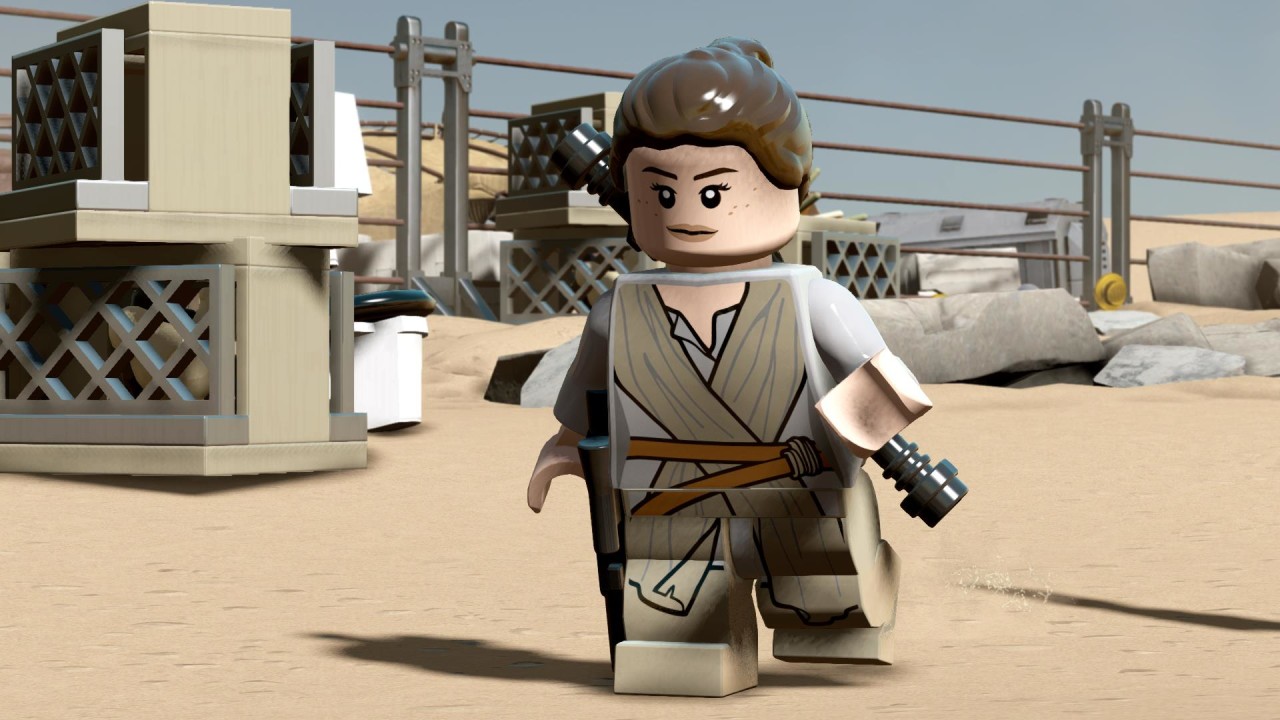
-
Resident Evil 5 (PS4) - June 28, 2016
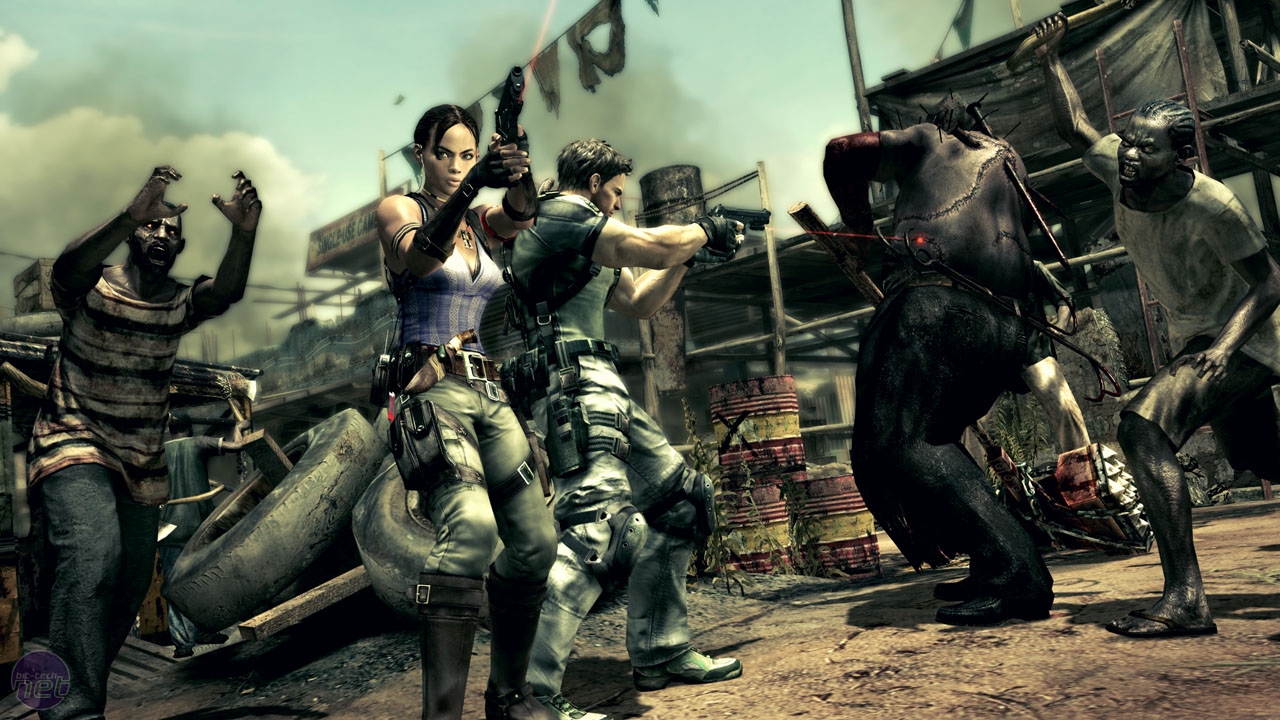
-
Star Ocean: Integrity and Faithlessness (PS4) - June 28, 2016
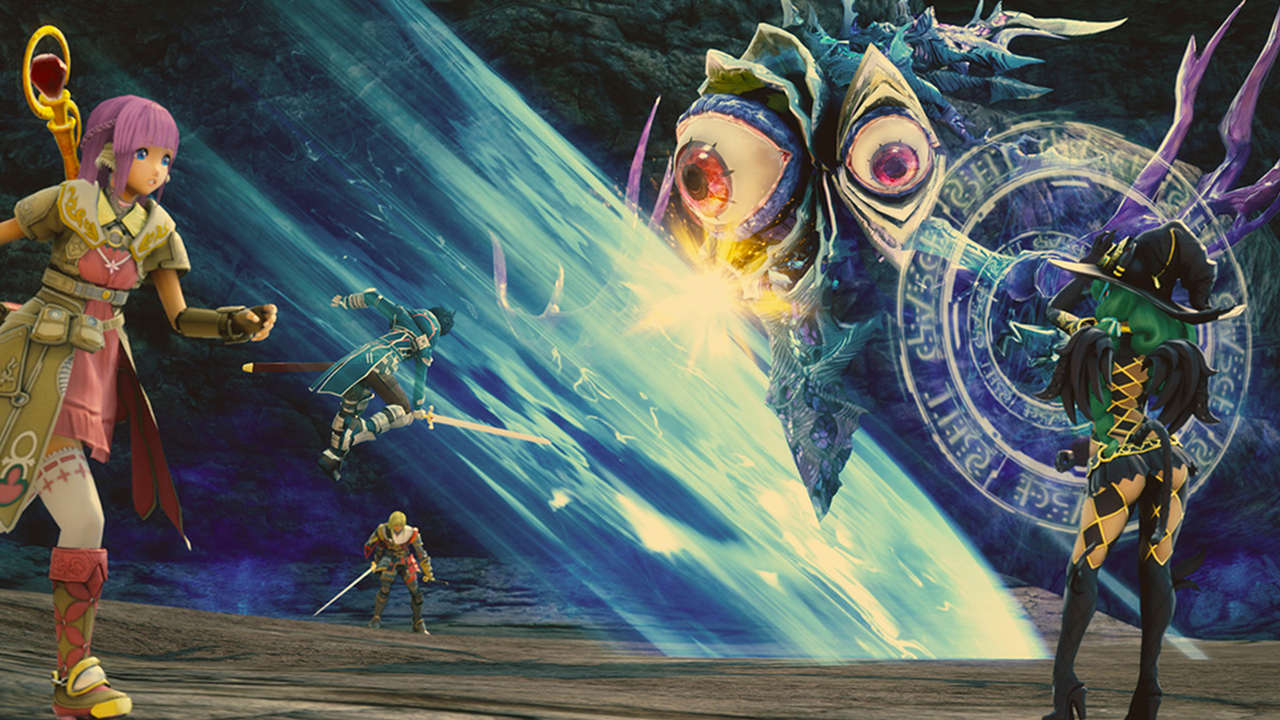
The Star Ocean JPRG series continues with Star Ocean: Integrity and Faithlessness.
PlayStation LifeStyle's Heath Hindman previewed the game during TGS 2015. You can read his his thoughts on the game here.
Click here for all news surrounding this title.
-
Song of the Deep (PS4) - July 12, 2016
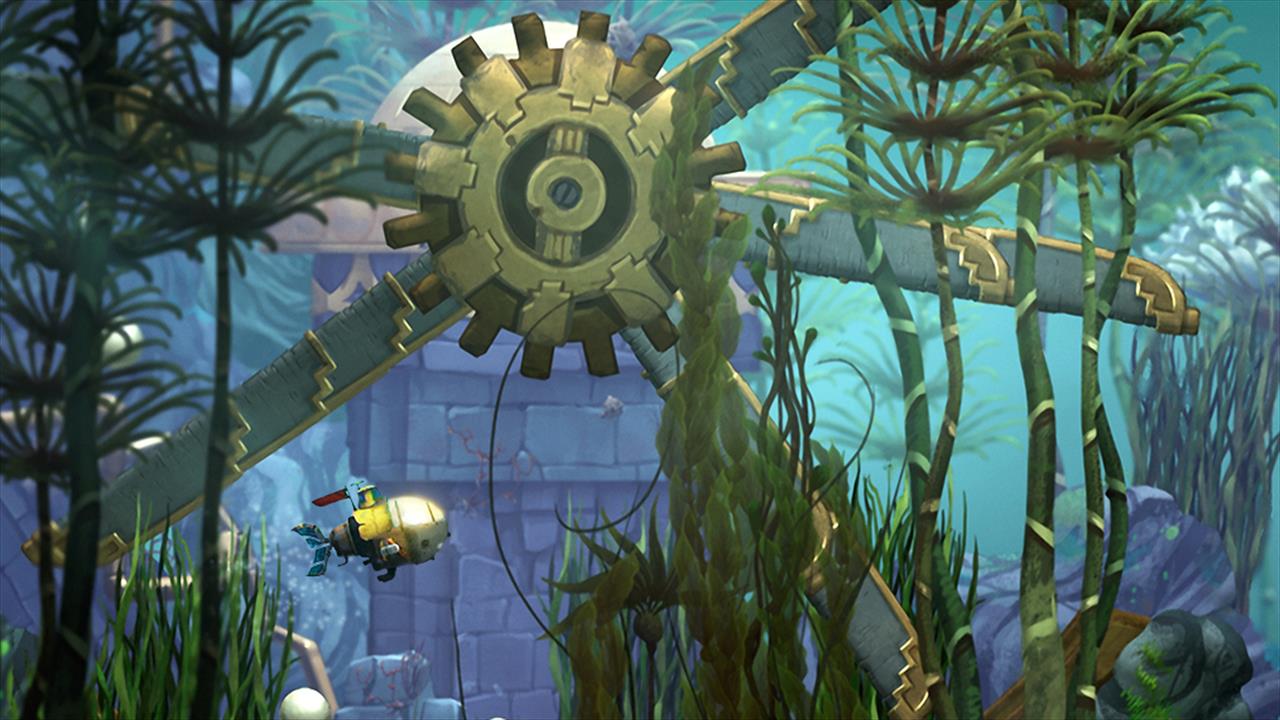
-
Indigo Prophecy (PS4) - July 18, 2016
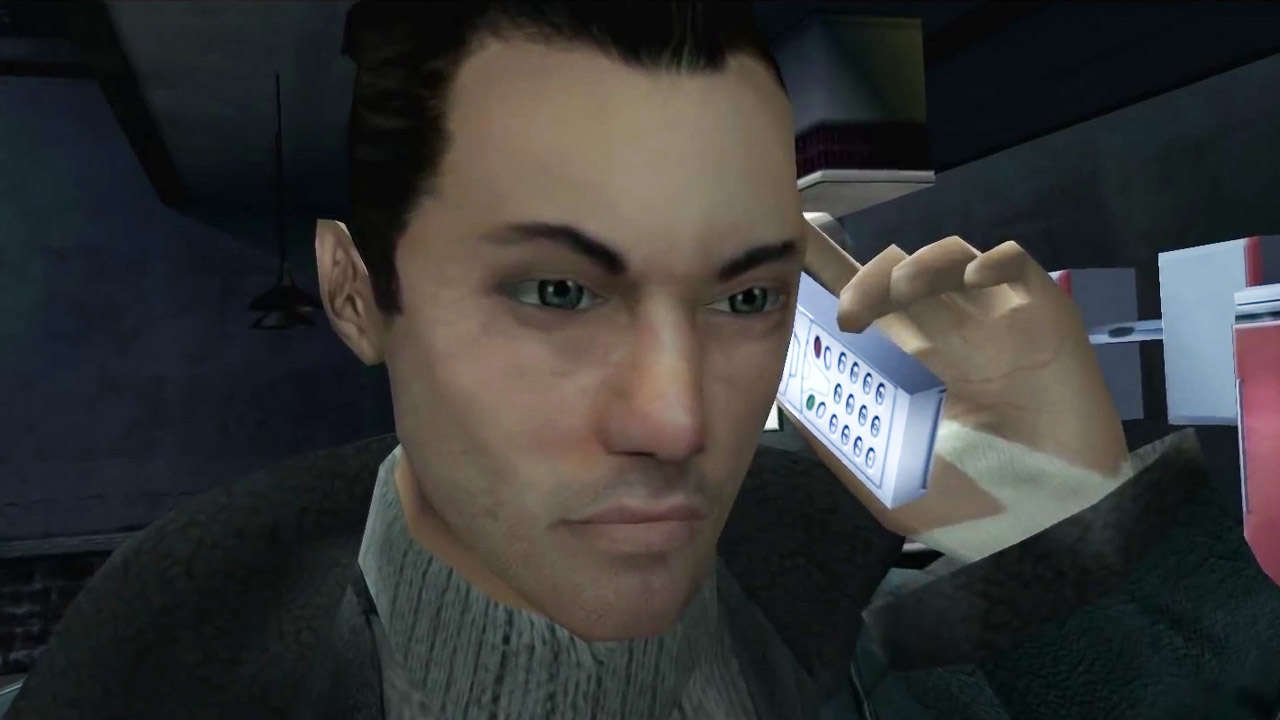
-
The Banner Saga 2 (PS4) - July 26, 2016
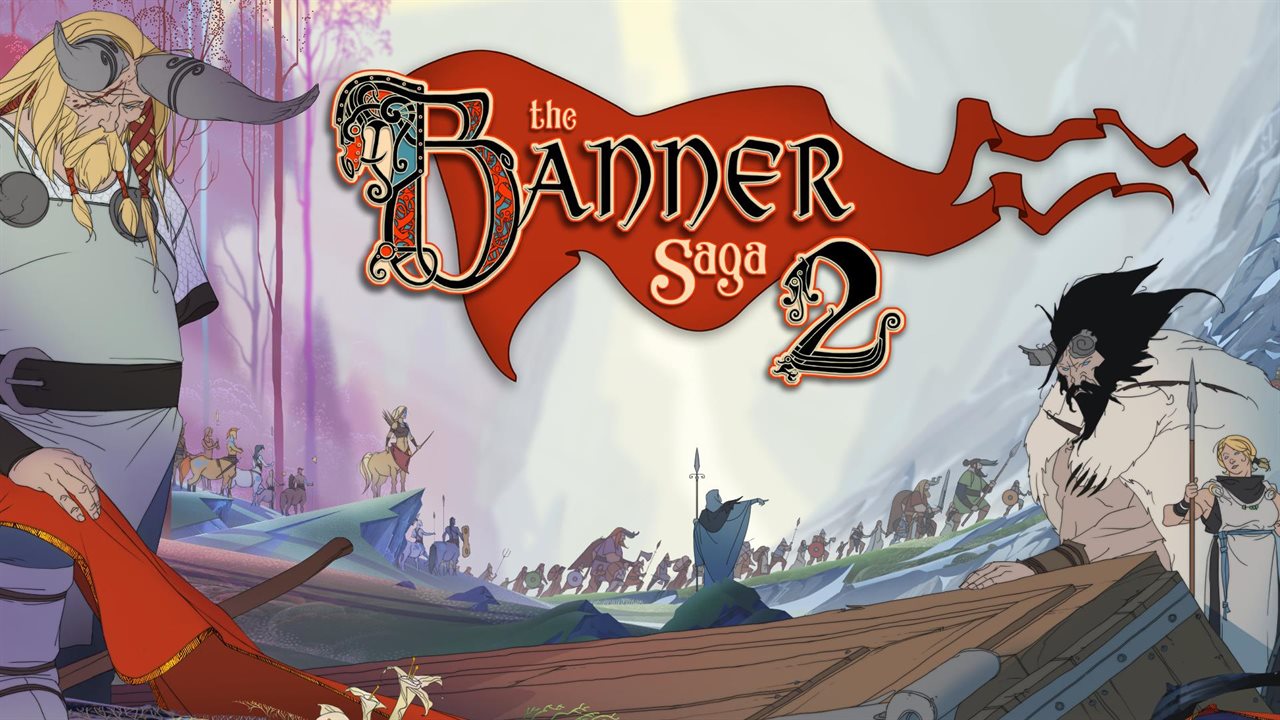
-
Batman: Return to Arkham (PS4) - July 26, 2016
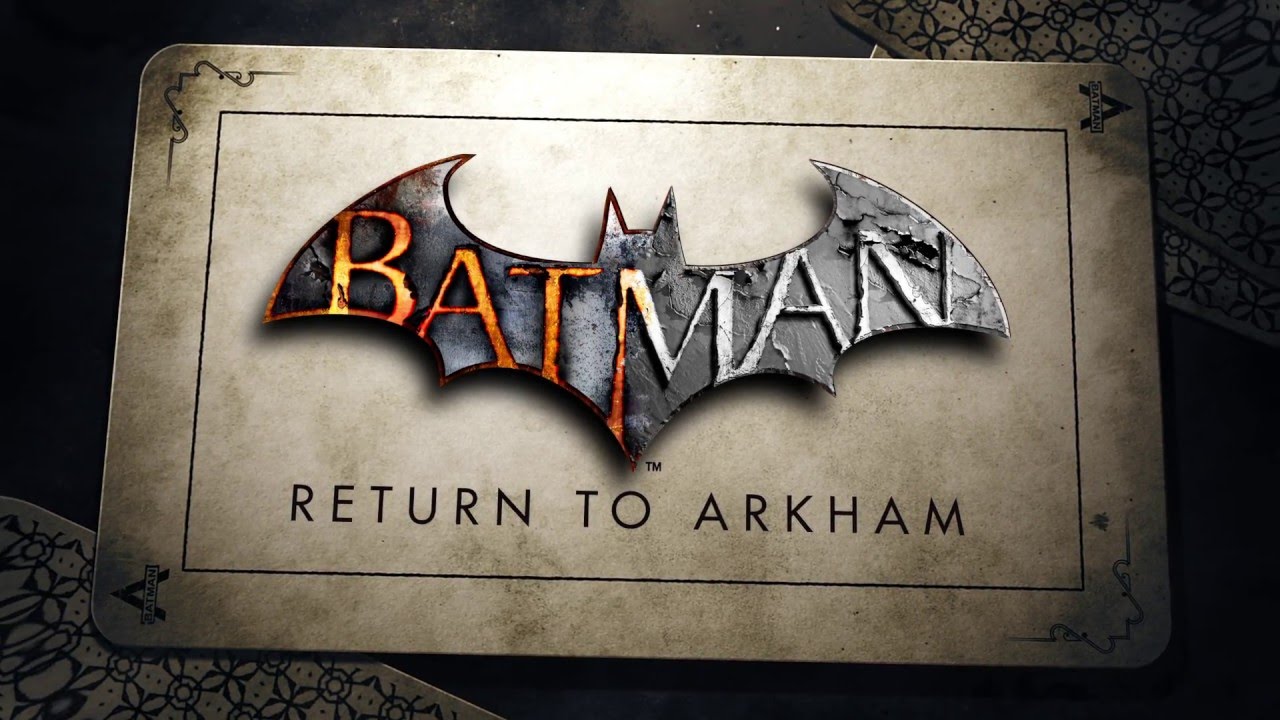
-
No Man's Sky (PS4) - August 9, 2016

Is there really anything more we can say about No Man's Sky that hasn't been said before? Hello Games' sprawling space sim has captured the imagination of an entire industry with a string of stellar gameplay teasers.
Thrusting players on a mission to journey to the center to the universe, uncovering all manner of alien worlds and exoplanets in the process, No Man's Sky is defined by its sprawling freedom, and the idea of discovering a procedurally generated planet for the very first time is nigh on intoxicating.
Even still, there's a hefty weight of expectation resting on the shoulders of the studio's sophomore title, and a prolonged development hasn't exactly aided the situation. Could we be experiencing No Man's Sky on PlayStation VR?
Check out the No Man's Sky page for all the news surrounding the game.
-
Deus Ex: Mankind Divided (PS4) - August 23, 2016

While Deus Ex: Mankind Divided might have been featured repeatedly due to its big pre-order brouhaha, people might forget that the first game in the reboot, Deus Ex: Human Revolution was a good game that steered the franchise back into relevancy.
Will Mankind Divided fare the same? Based on our preview, Eidos Montreal is on the right track.
Every cybernetic update (latest post/vids) for Adam Jensen can be read here.
-
The King of Fighters XIV (PS4) August 23, 2016
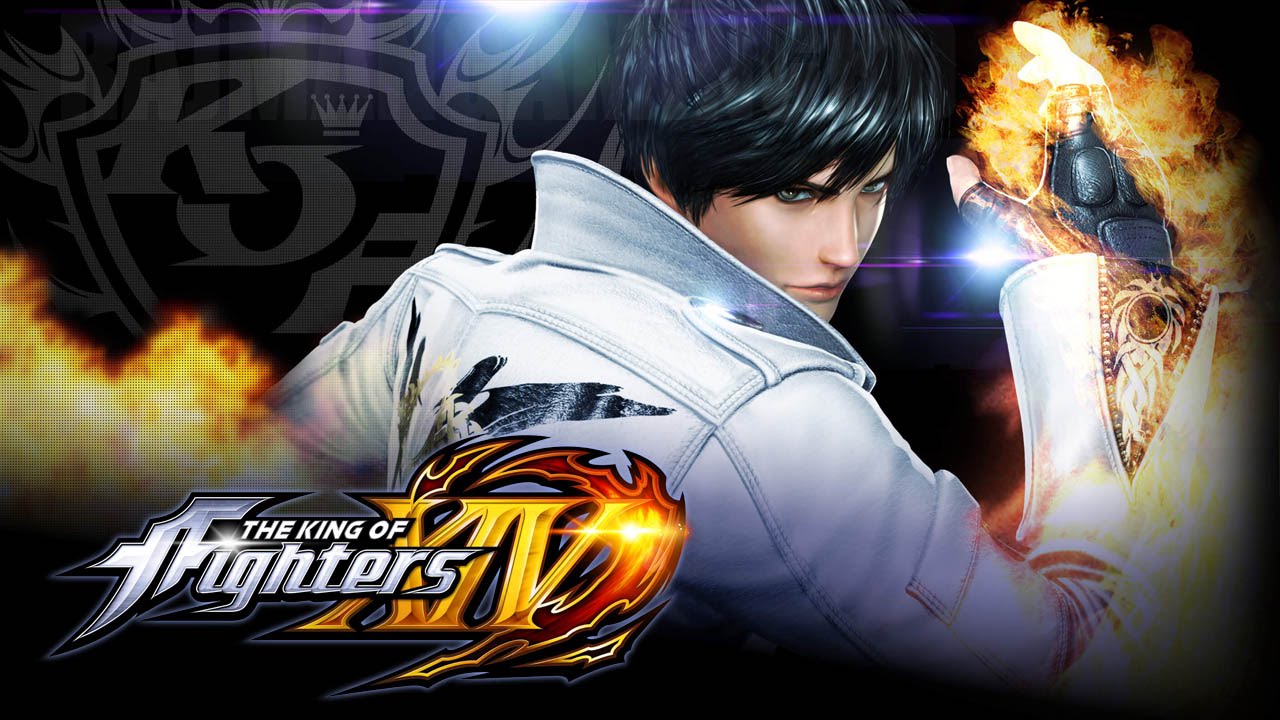
-
Attack on Titan (PS4) - August 30, 2016
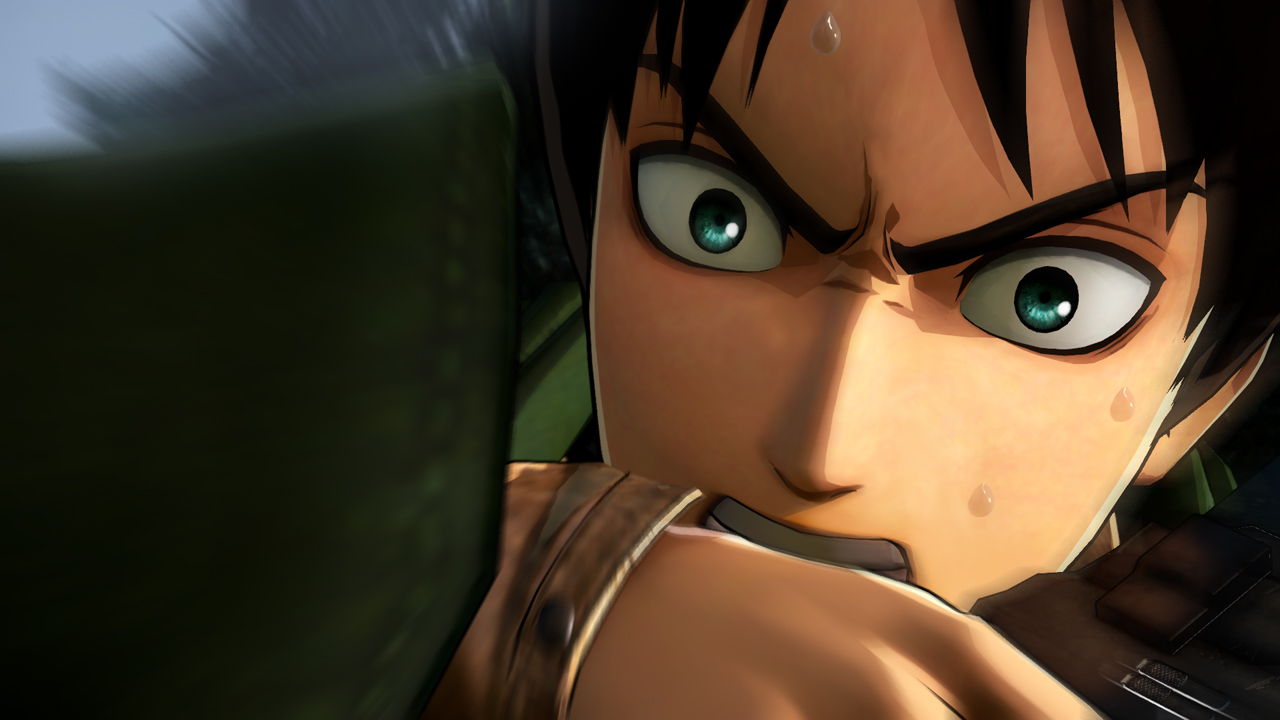
-
Hatsune Miku: Project Diva X HD (PS4/Vita) - August 30, 2016

-
XCOM 2 (PS4) - September 6, 2016
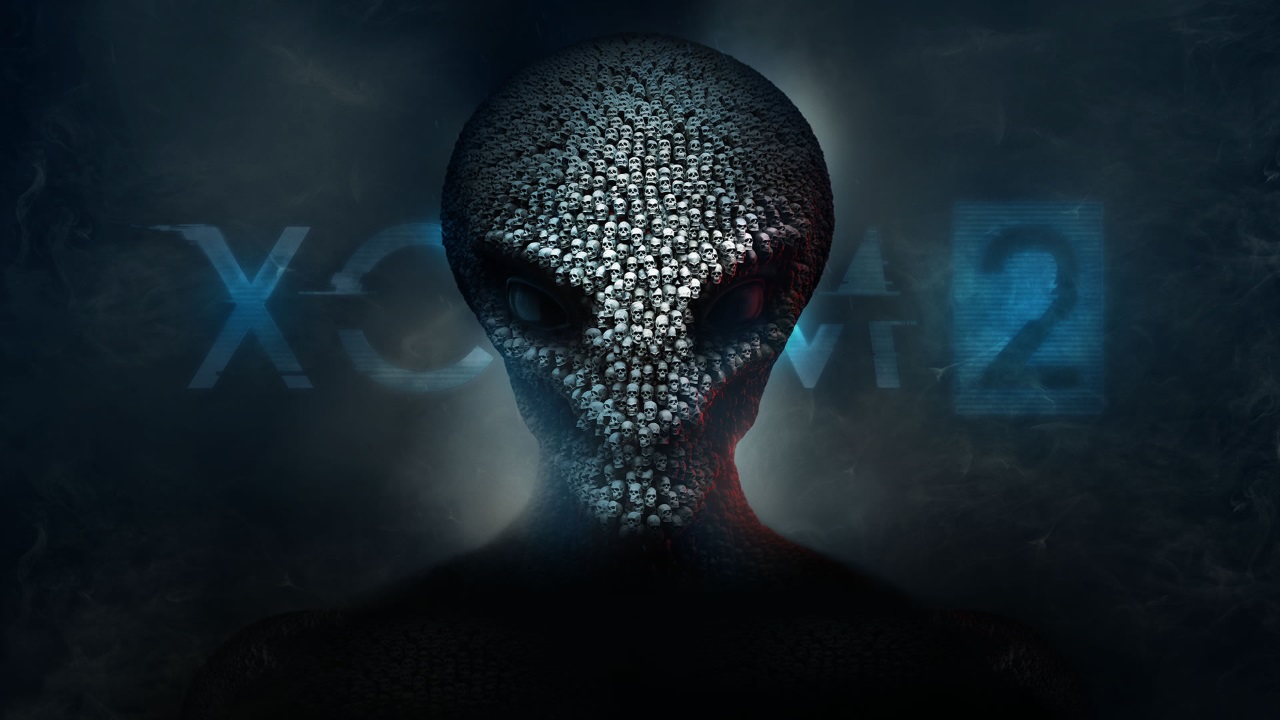
-
NBA 2K17 (PS4) - September 20, 2016

-
FIFA 17 (PS4) - September 27, 2017

-
Final Fantasy XV (PS4) - September 30, 2016
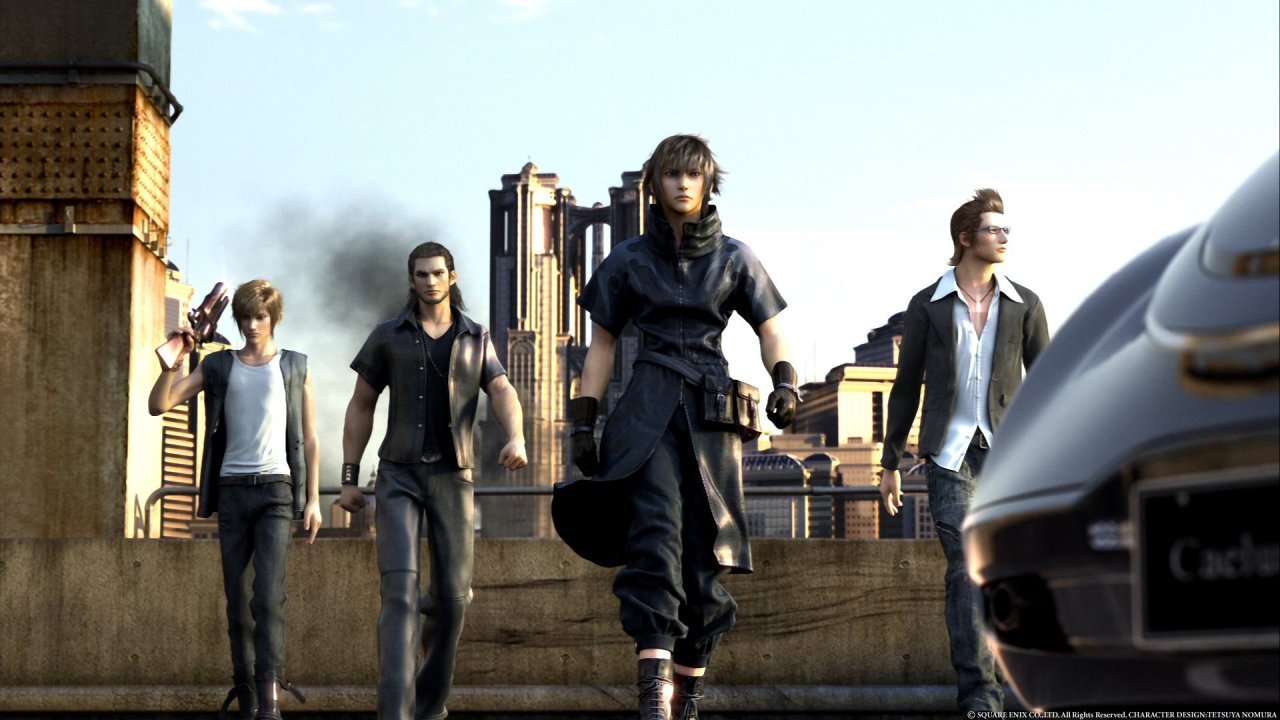
It has only been 2 years shy of a dozen since Final Fantasy XV was first announced as Versus XIII, but it looks like it will finally release this year. With a fun combat system and an interesting group of characters, XV is shaping up to be a solid RPG entry.
You can check out all our updates on Final Fantasy XV here.
-
Mafia III (PS4) - October 7, 2016
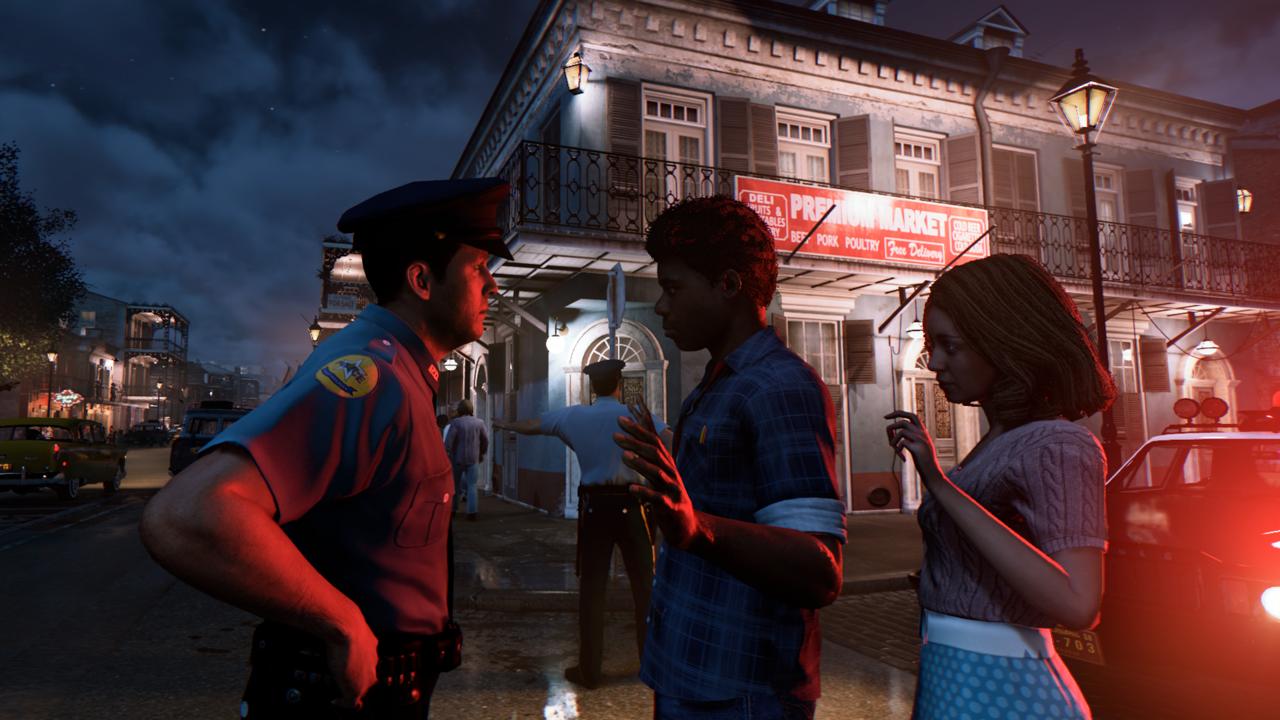
Breaking away from the series' traditional setting, Mafia 3 puts players in the shoes of Lincoln Clay, a Vietnam veteran wronged by the Italian mob. With his family and lieutenants by his side, include Mafia 2's Vito Scaletta, Clay sets out to seek revenge.
-
Skylanders Imaginators (PS4) - October 16, 2016

-
Battlefield 1 (PS4) - October 18, 2016
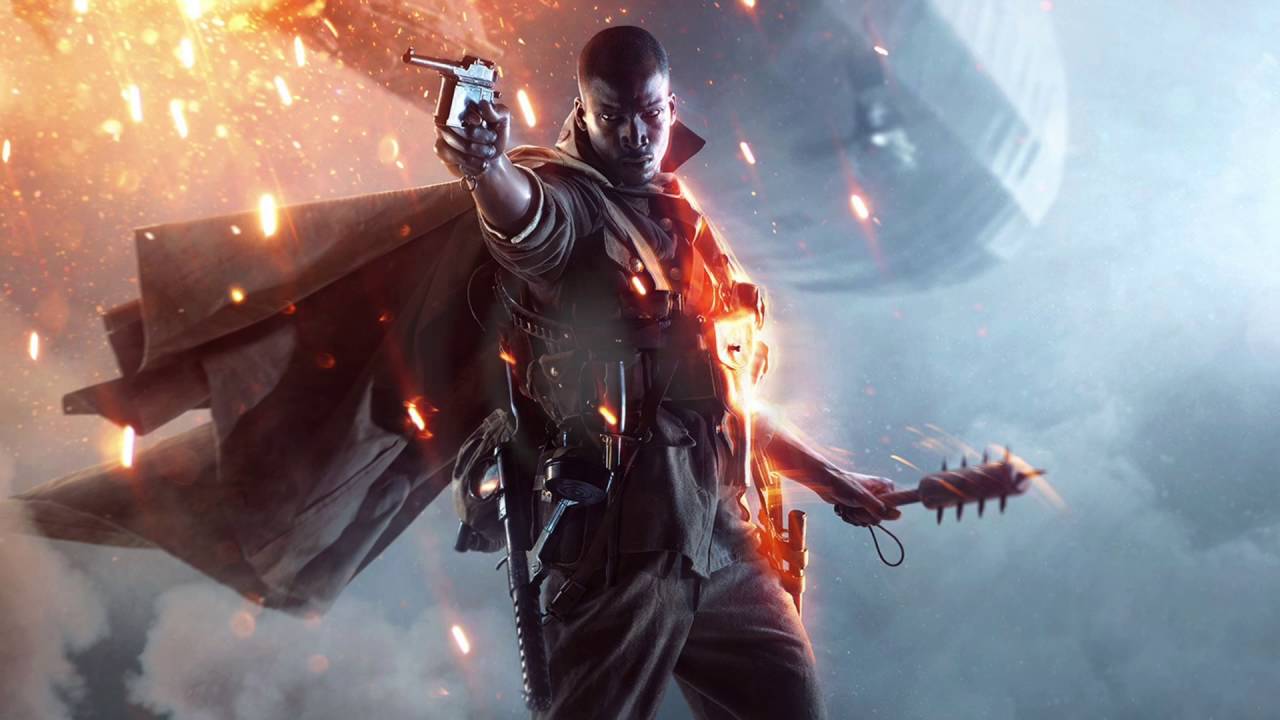
-
The Last Guardian (PS4) - October 25, 2016
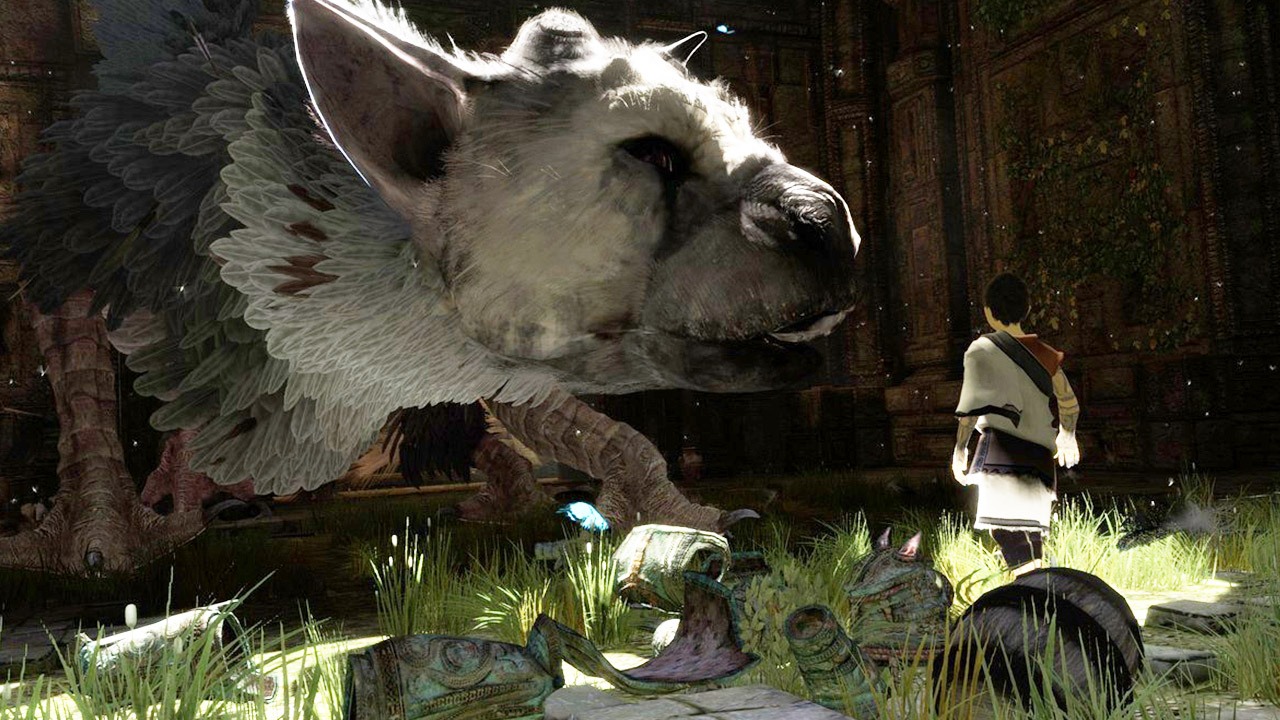
After all these years, The Last Guardian is (allegedly) set to be released this year on the PS4! Once thought of as vaporware, Team ICO's upcoming game was re-introduced with actual gameplay at last year's Sony E3 press conference with tumultuous applause -- and with good reason!
Will The Last Guardian live up to the hype? We can only hope, but Team ICO's track record has been solid so far.
Make sure to read our preview, and our in-depth feature on The Last Guardian leak (by us) for more on the title.
For every news and update we have for The Last Guardian, go here.
-
World of Final Fantasy (PS4/Vita) - October 25, 2016

Square Enix looks to be going the path of cute collector with World of Final Fantasy for the PlayStation 4 and Vita. The game will feature many characters from Final Fantasy series past, along with what looks like Pokemon styled gameplay.
Check out all our updates for World of Final Fantasy here.
-
Just Dance 2017 (PS4) - October 25, 2016

-
Titanfall 2 (PS4) - October 28, 2016
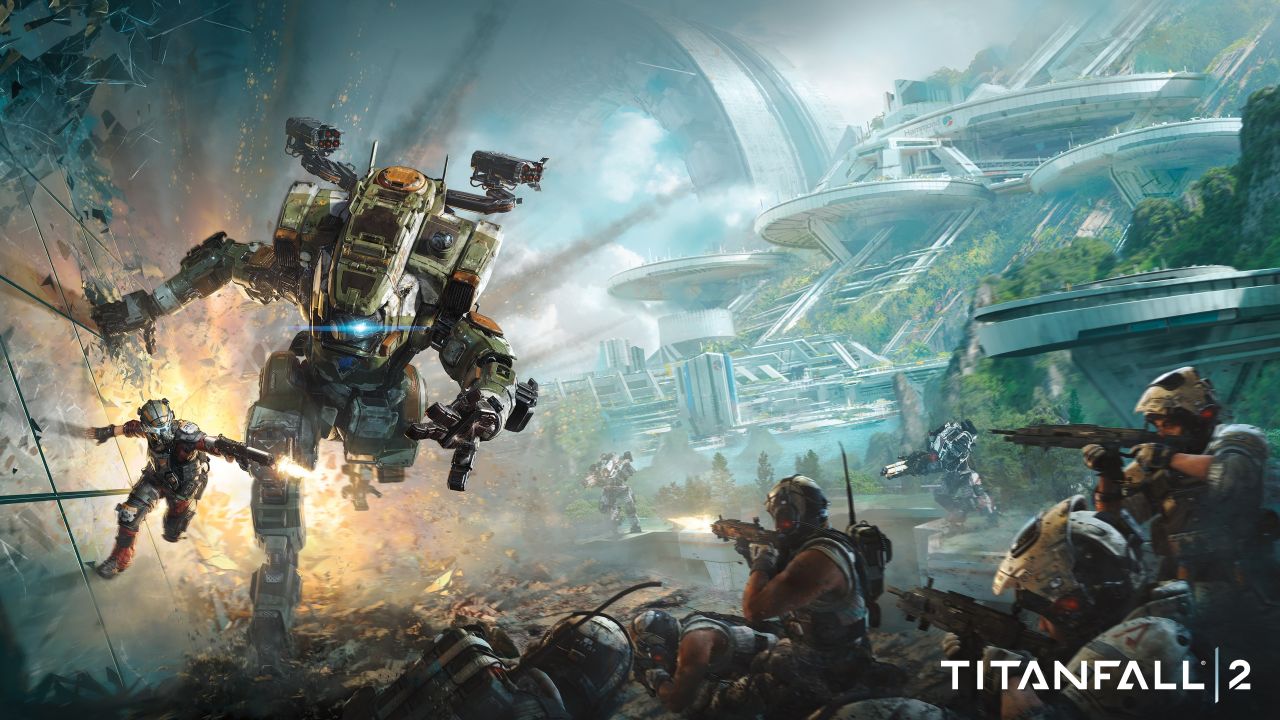
-
The Elder Scrolls V: Skyrim Special Edition (PS4) - October 28, 2016
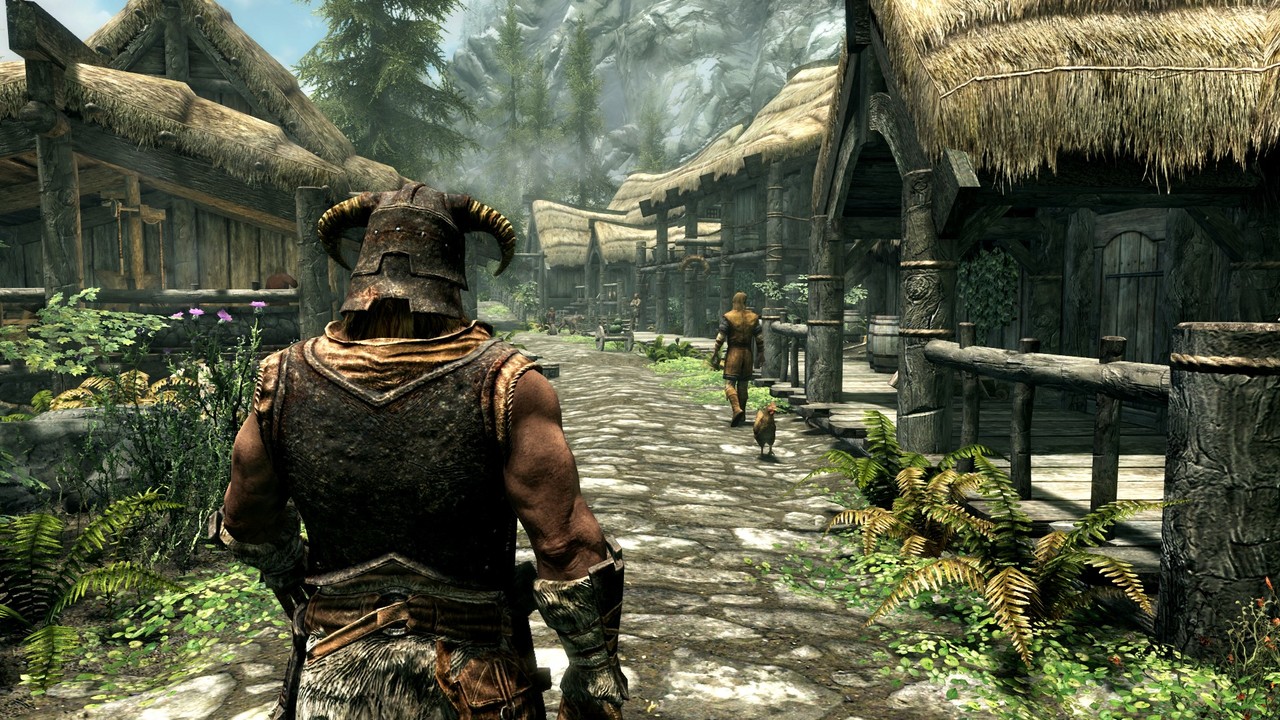
-
Call of Duty: Infinite Warfare (PS4) - November 4, 2016

-
Dishonored 2 (PS4) - November 11, 2016
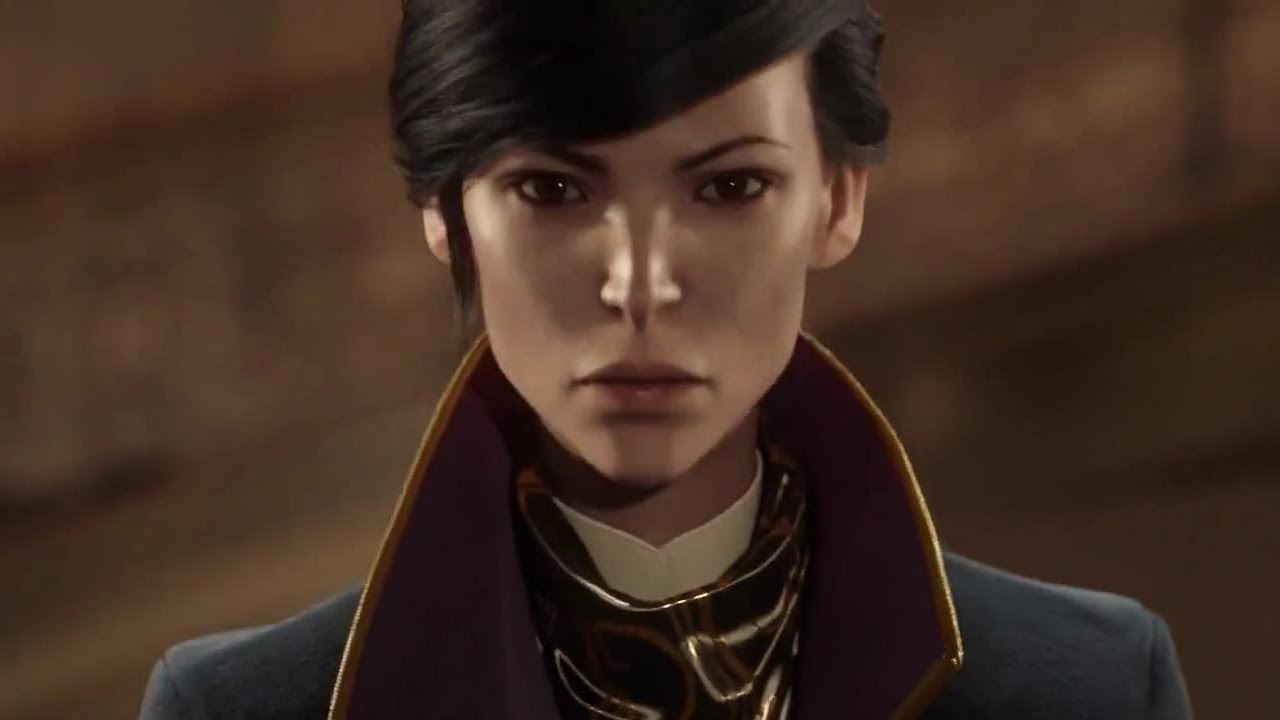
Announced at E3 2015, Dishonored 2 is a sequel to the critically acclaimed 2012 title. The upcoming stealth game takes place 15 years after the events of the original story, and allows players to choose between Corvo Attano and Emily Kaldwin. The coastal city of Karnaca already looks beautiful and promising, making Dishonored 2 one to watch out for this year.
For everything on Dishonored 2, hit up our page for updates.
-
Watch Dogs 2 (PS4) - November 15, 2016

-
Gran Turismo Sport (PS4) - November 15, 2016

-
Ark: Survival Evolved (PS4) - Holiday 2016

Don't know what Ark is all about? It's an "open-world dinosaur survival game." Heck, that alone is very, very intriguing. Add in our glowing hands-on time with it, and well, it's perfectly understandable why we're excited to see how we'd survive during the prehistoric era.
You can read up on all our Ark: Survival Evolved news and updates here.
-
Persona 5 (PS4) - February 14, 2017
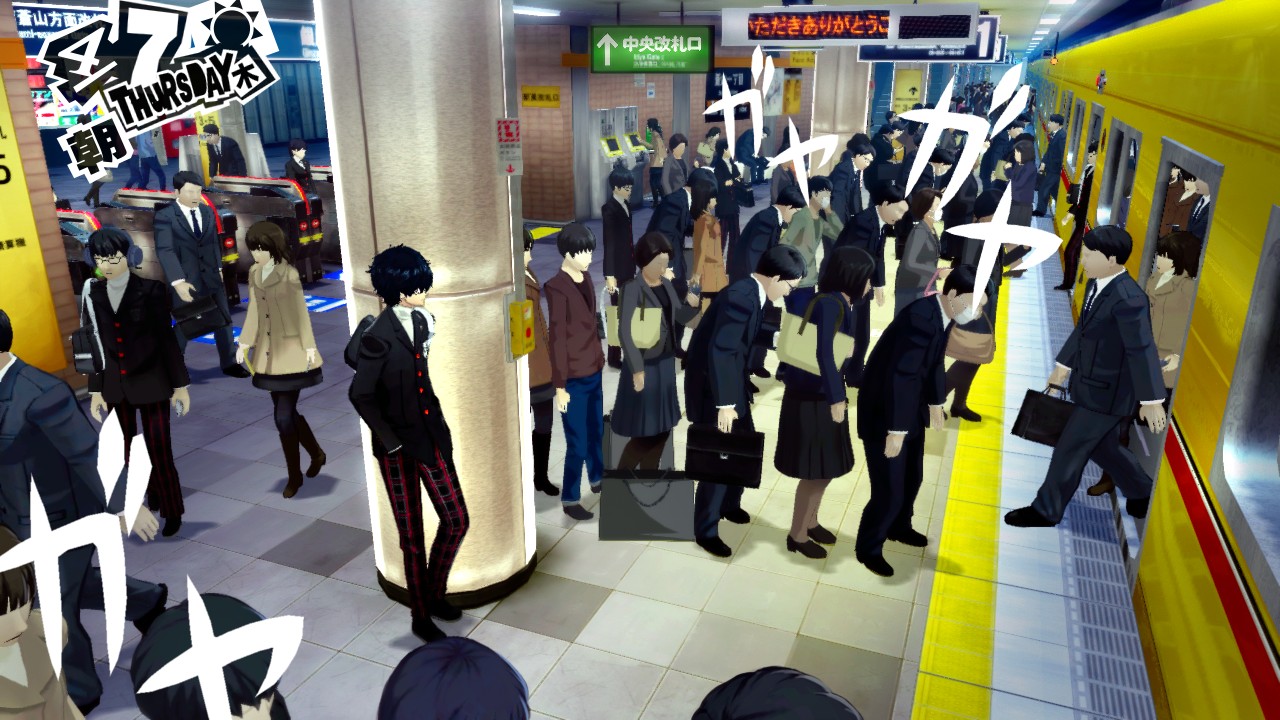
The Persona series has been a staple of RPG excellence in recent years and it looks to continue that trend with the latest entry; Persona 5. With an interesting art style, a great looking cast, and some gameplay tweaks, this looks like a possible RPG of the Year candidate.
For everything on Persona 5, hit up our page for updates.
-
Horizon Zero Dawn (PS4) - February 28, 2017
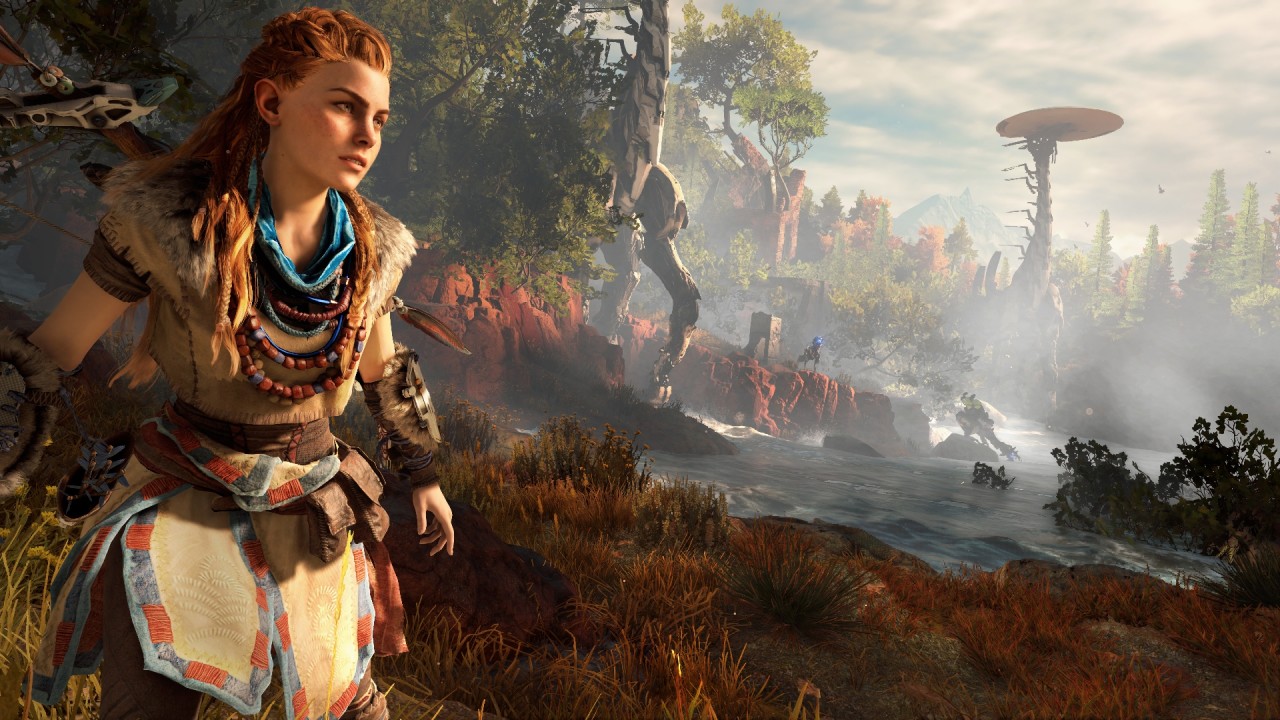
Horizon Zero Dawn not only looks interesting from a gameplay perspective, but it's also Guerilla Games' first big game outside of the Killzone universe. While that alone might be enough hook us in, what we've seen so far, and what we've previewed, has us very, very excited for Guerilla's upcoming title...let's just hope it doesn't get delayed.
You can check out all our updates on Horizon Zero Dawn here.
-
Dead Island 2 (PS4) - TBA

Originally in development by Yager, Dead Island 2 now is being worked on by a as-of-yet-unknown studio. While this leaves a big question mark on whether Dead Island 2 will keep its original 2016 release date, we're putting in the list for now.
Read up on all our Dead Island 2 updates here.
-
Outlast 2 (PS4) - TBA
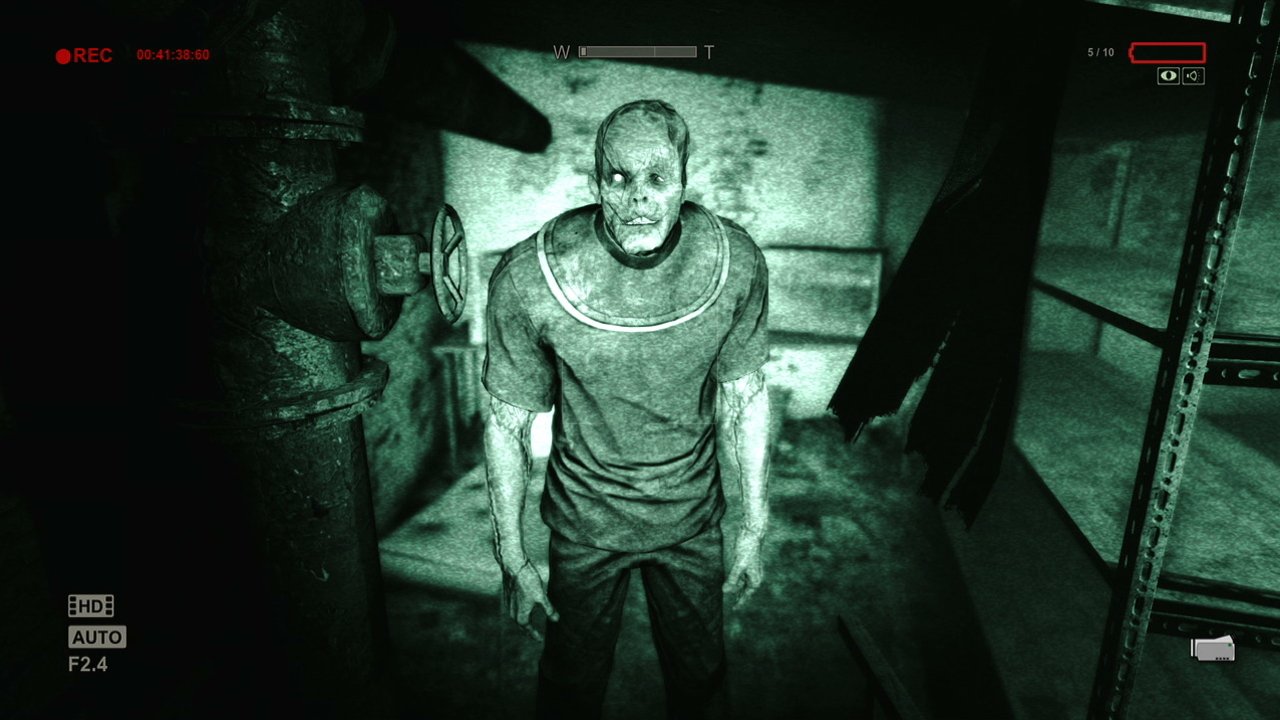
Confirmed for release this fall, Outlast 2 looks to continue where the first one left off in terms of scares, though not in story.
According to Red Barrels, players can expect the game to "test their faith."
If you've played the first one, then you're no doubt, looking forward to see what Outlast 2 will bring to the scare party.
Check out all our updates for Outlast 2 here.
-
Hellblade (PS4) - TBA

After working on solid action games like DmC: Devil May Cry, Enslaved and of course, Heavenly Sword, Ninja Theory is now working on a new IP from scratch in Hellblade. While Ninja Theory's last few games did well critically, it didn't do as well commercially. Will it finally change with Hellblade? We can't say for sure, but hey, it does look action-packed!
Check out our existing and all future updates to Hellblade right here.
-
Rise of the Tomb Raider (PS4) - TBA

We already know Rise of the Tomb Raider is a good game (read our sister site Game Revolution's review here), but the big question here is: is it good enough to withstand the Uncharted 4 juggernaut launching this year as well?
It's certainly a good year for action-adventure fans and Rise of the Tomb Raider will no doubt add to the plate of must-plays this year.
You can read up on all our Rise of the Tomb Raider updates here.
